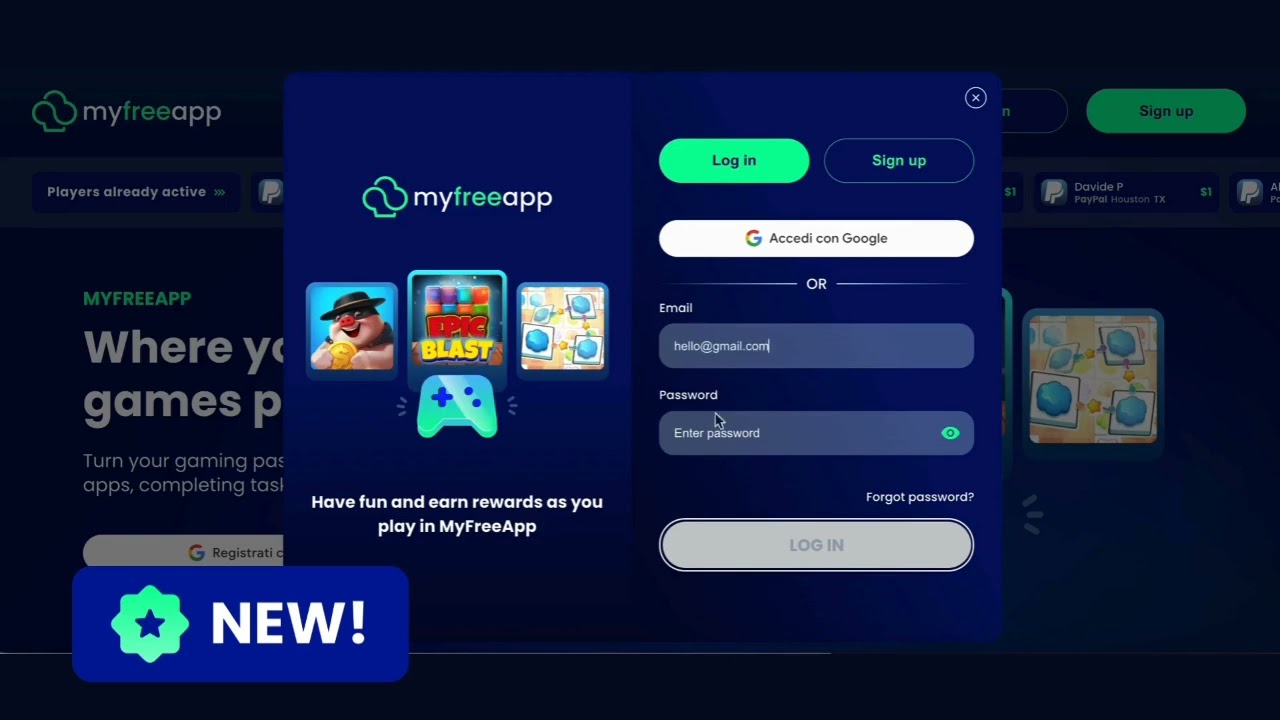In the realm of gaming, a monumental shift is underway, and it’s being powered by the cloud. Cloud gaming, an innovative technology that promises to revolutionize the way we experience interactive entertainment, has emerged as a game-changer in the gaming industry. With its potential to eliminate hardware limitations and redefine gaming accessibility, cloud gaming is poised to shape the future of gaming as we know it.
What is Cloud Gaming?
Cloud gaming, also known as game streaming, refers to the practice of playing video games that are hosted on remote servers and streamed to the player’s device over the internet. Unlike traditional gaming, where games are installed and run locally on a gaming console or PC, cloud gaming offloads the processing power and rendering to powerful data centers.
The Technical Magic Behind Cloud Gaming
At the heart of cloud gaming lies a sophisticated infrastructure that ensures seamless gameplay. As players interact with the game, their inputs are transmitted to the remote server, which processes the actions in real-time. The server then sends back the video and audio output to the player’s device, creating a seemingly lag-free gaming experience.
Latency, the delay between a player’s input and the corresponding on-screen action, has been a primary challenge for cloud gaming. However, advancements in data center technologies, network speeds, and compression algorithms have significantly reduced latency, enabling near-instantaneous responses.
The Benefits of Cloud Gaming
- Accessibility: Cloud gaming eliminates the need for high-end gaming hardware. Players can enjoy graphically intensive games on a range of devices, from smartphones and tablets to low-end PCs.
- Reduced Costs: Gamers no longer need to invest in expensive gaming rigs or consoles. Cloud gaming platforms offer subscription models that provide access to a library of games for a fixed monthly fee.
- Instant Gratification: With no downloads or installations required, players can dive into their favorite games almost instantly. This convenience is a game-changer for time-sensitive gaming sessions.
- Ubiquitous Gaming: Cloud gaming makes it possible to seamlessly switch between devices without losing progress. Start a game on your TV, continue on your phone during your commute, and finish on your laptop at home.
- Hardware Agnostic: Cloud gaming levels the playing field by allowing players with different devices to compete on an equal footing. The focus shifts from hardware specifications to the quality of the gaming experience.
The Industry Players
Several major players have entered the cloud gaming arena, each with its unique approach and offerings. Google’s Stadia, Microsoft’s Xbox Cloud Gaming (formerly Project xCloud), NVIDIA’s GeForce NOW, and Sony’s PlayStation Now are among the leading platforms vying for a share of the cloud gaming market.
Challenges and Future Prospects
While cloud gaming shows immense promise, it is not without challenges. Internet connectivity, especially in rural or underserved areas, can hinder the seamless streaming experience. Additionally, concerns about data privacy and ownership have raised important questions about the long-term viability of cloud gaming.
Looking ahead, the future of cloud gaming appears promising. As 5G networks become more widespread, latency issues are expected to diminish further. The growing popularity of subscription-based models could democratize gaming and expand the player base.
In conclusion, cloud gaming represents a paradigm shift that has the potential to reshape the gaming landscape. By eliminating hardware constraints and offering unprecedented accessibility, cloud gaming is poised to democratize interactive entertainment and open new frontiers of immersive gameplay. As technology continues to advance and infrastructure matures, the cloud gaming revolution is well underway, and players around the world stand to reap the benefits.



